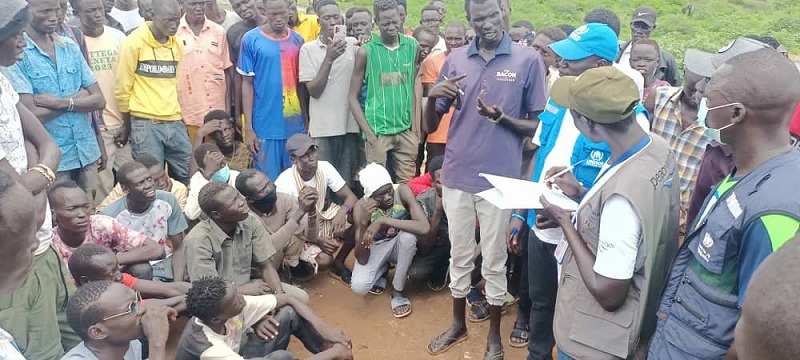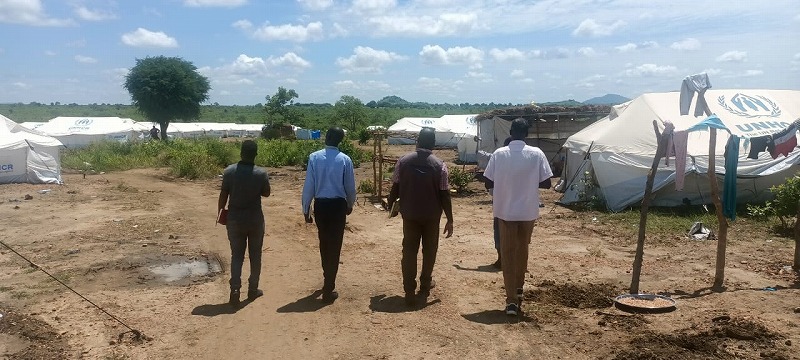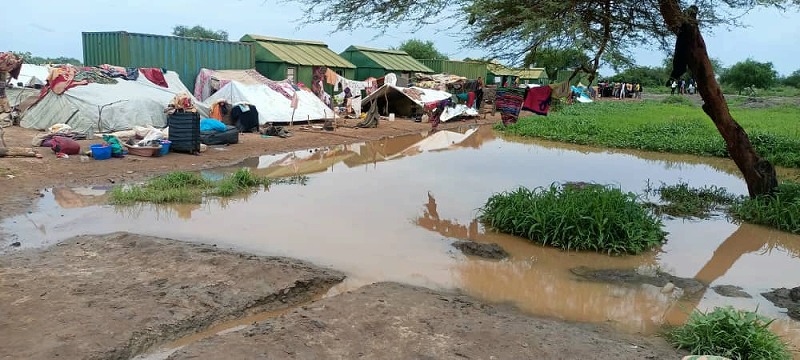Water, sanitation, and hygiene support for Sudan Crisis survivors
In response to the Sudan Crisis that erupted in April 2023, thousands of people have fled violence and armed clashes in Sudan for neighboring South Sudan. Among these are refugees originally from South Sudan who are now returning to their home country in the midst of the crisis. As of July 28, approximately 179,600 South Sudanese had returned to the country, along with an additional 17,300 new refugees from Sudan and other countries, and the numbers continue to climb.


Together with the Office of the United Nations High Commissioner for Refugees (UNHCR), Peace Winds has begun providing support in the Gorom refugee settlement in Juba, South Sudan. The settlement was originally established in 2010 to accept refugees from Ethiopia, and before the Sudan Crisis, the population was 2,000. Now, however, the Gorom settlement has reached a population of 6,000 and continues to see an influx of displaced people seeking shelter.
Many of those fleeing violence in Sudan were able to escape with only the clothes on their backs, and many temporary shelters offer only plastic tents for people to sleep in. This is especially unsafe and uncomfortable during the hot, windy, and rainy summer months, and the situation in Gorom is no different.

Additionally, one of the biggest challenges facing the Gorom refugee settlement is water supply. Many of the existing water supply lines are broken, and the few that remain are not enough to support the camp’s overflowing population. Hygiene is also a problem as there is an insufficient number of toilets and showers. The combined lack of clean water and proper hygiene puts refugees at an increased risk of disease.
Peace Winds is working to meet the water and hygiene needs of Gorom’s residents by installing and repairing water supply lines, building new toilets, and providing health and hygiene education. This will help refugees make better use of existing facilities by ensuring they know how to keep them clean and use them properly.
As the crisis in Sudan progresses, the United Nations will revise its emergency response plan, and it is expected that the need for support will increase even within South Sudan. Peace Winds will bring project updates as we are able, and we appreciate your continued support. Be sure to follow Peace Winds on social media to stay up-to-date on support activities in South Sudan and around the world.
